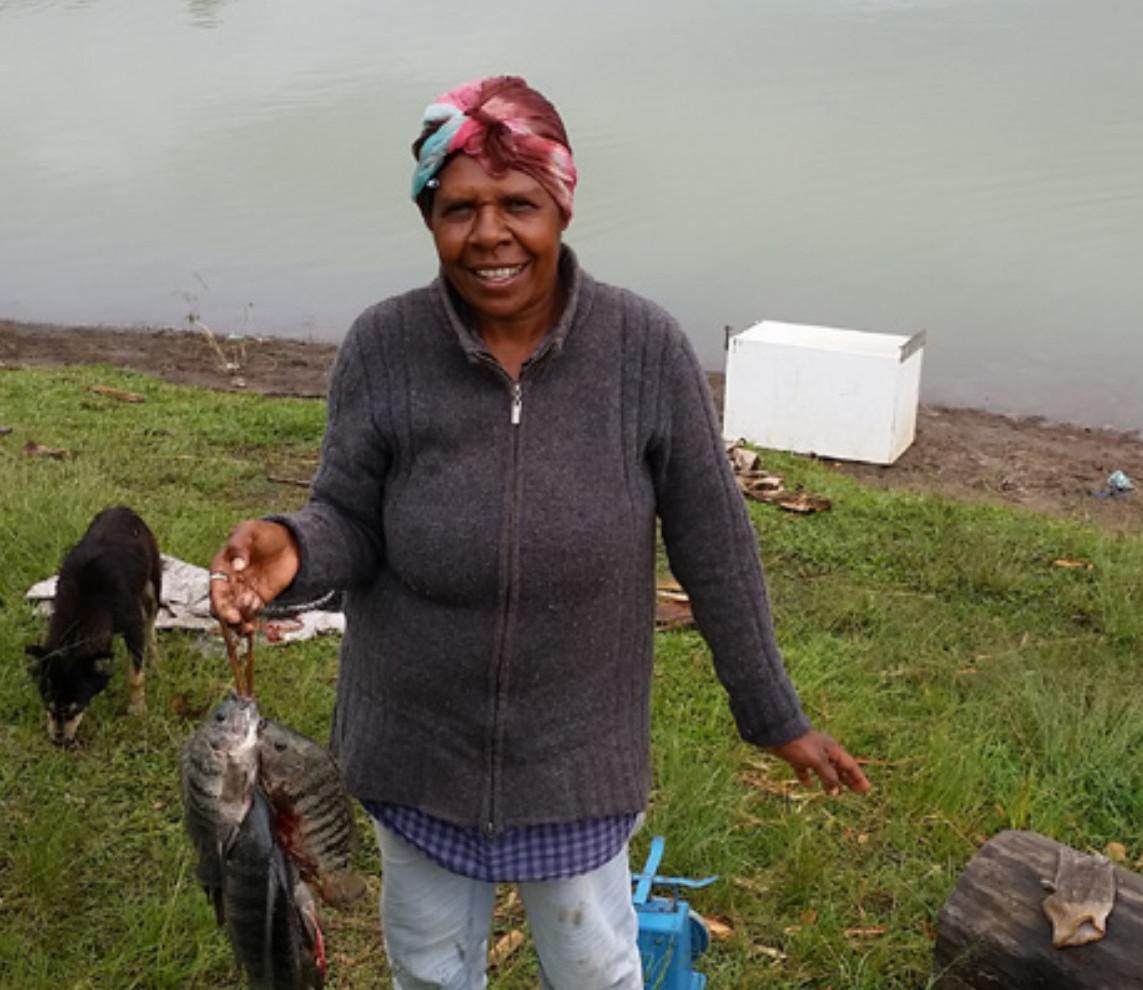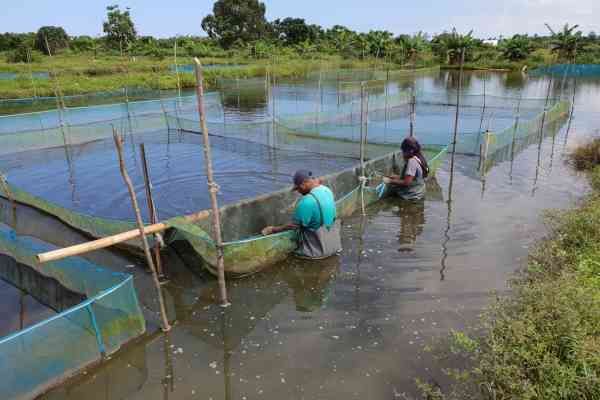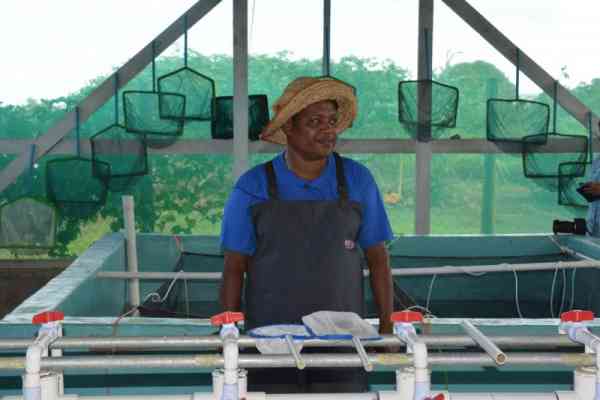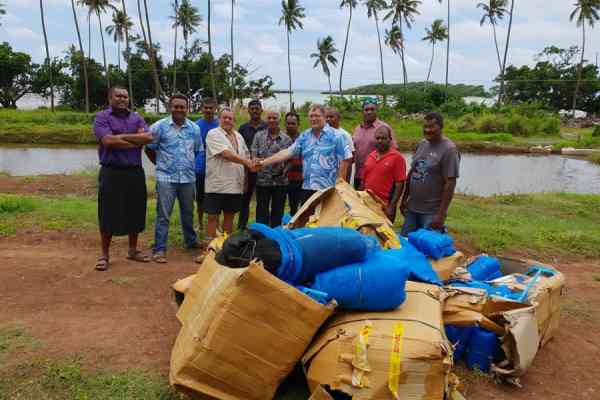The Pacific Community (SPC), through the Sustainable Pacific Aquaculture Development Project (PacAqua), worked with Megan Streeter, lead trainer, to deliver a first-of-its-kind training on leadership targeted at regional aquaculture enterprises. The training was directed towards enhancing the leadership skills at aquaculture enterprises, which can lead towards behavioural change. A survey – conducted with the existing PacAqua enterprises – identified their key leadership skill priorities for the training.
The training targeted two key areas: effective leadership of self and others, and managing people and leading teams.
In total, 17 trainees participated in the training, representing 8 enterprises from the Federated States of Micronesia, Fiji, Papua New Guinea (PNG), Solomon Islands and Tonga. The training was delivered over a six-week period beginning in mid-October 2020, with half-day contact sessions occurring every two weeks, and one-on-one mentoring with the trainer in between each contact session.
Mr and Mrs Yogomul are tilapia cage-culture farmers in PNG. Mr Yogomul stated that “the training helped me to have a better perspective of myself as a leader and to identify my strengths and weaknesses while working and managing our family team and farm. Also, it is important to work better with other farmers as we are leaders as change agents, introducing something new that is not traditional.” An area that needs improving was related to better communication, where the Yogomuls remarked that “there is room for a lot of improvement as a leader especially in sincere open communication and effectively sharing goals and objectives in developing tilapia cage farming and learn to listen effectively to understand in the context of the individual and group”.
Aquaculture interns at the Fisheries, Aquaculture and Marine Ecosystems Division of the Pacific Community who also participated in the training highlighted that it was their first exposure to such a training and that it was useful to gain experience and knowledge. Intern Neelam Bhan stressed that enhanced communication skills to deal with difficult conversations or conflict situations will be useful in their workplace, in their studies and in future opportunities. Intern Titilia Tikovata also highlighted that building confidence to stand by themselves and not be pressured to go with the status quo was also an important lesson.
Due to travel restrictions caused by the COVID-19 pandemic, the training was mostly conducted online, although some participants from the greater Suva area in Fiji were able to attend face-to-face sessions. All mentoring exercises were undertaken virtually. There is an opportunity to further enhance leadership skills of enterprises in the future, and this will enable better decision-making, conflict resolution, growth, and understanding on how to manage people to achieve better outcomes for themselves and their organisations.
The PacAqua project is funded by the New Zealand Ministry of Foreign Affairs and Trade.
Contact:
Avinash Singh PacAqua Aquaculture Officer, SPC [email protected]



